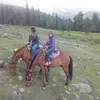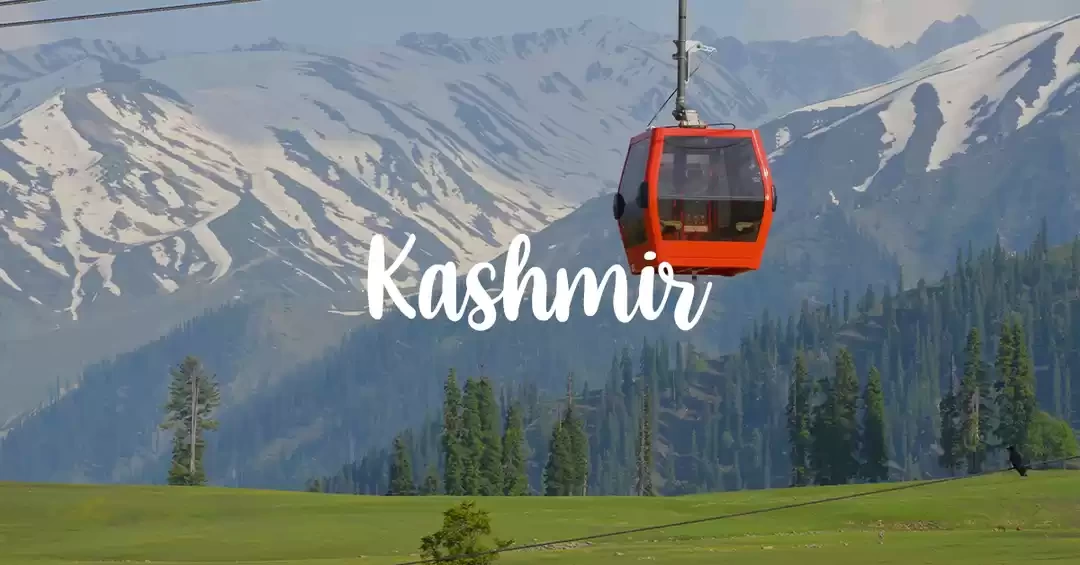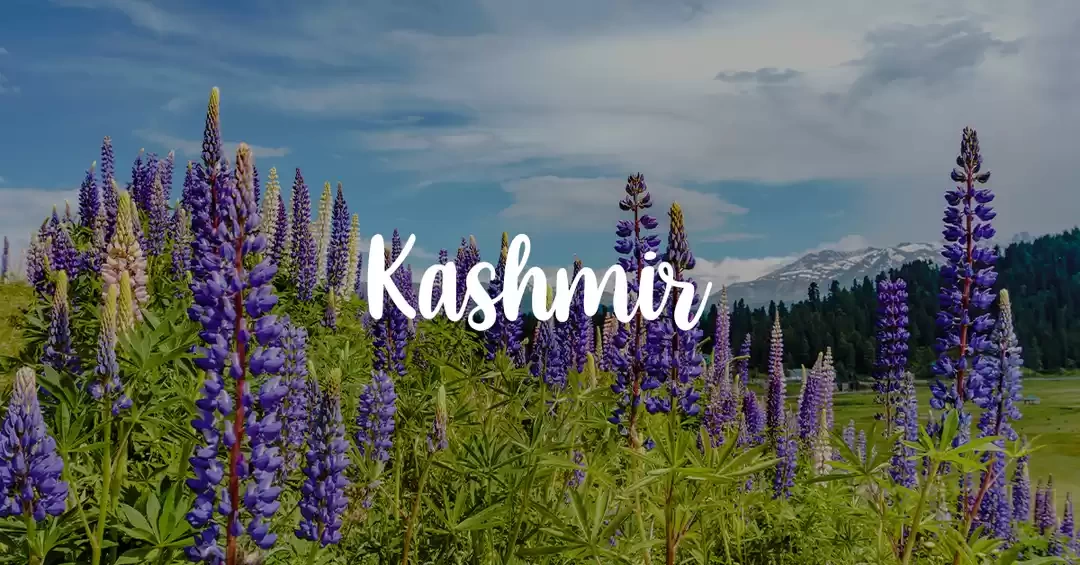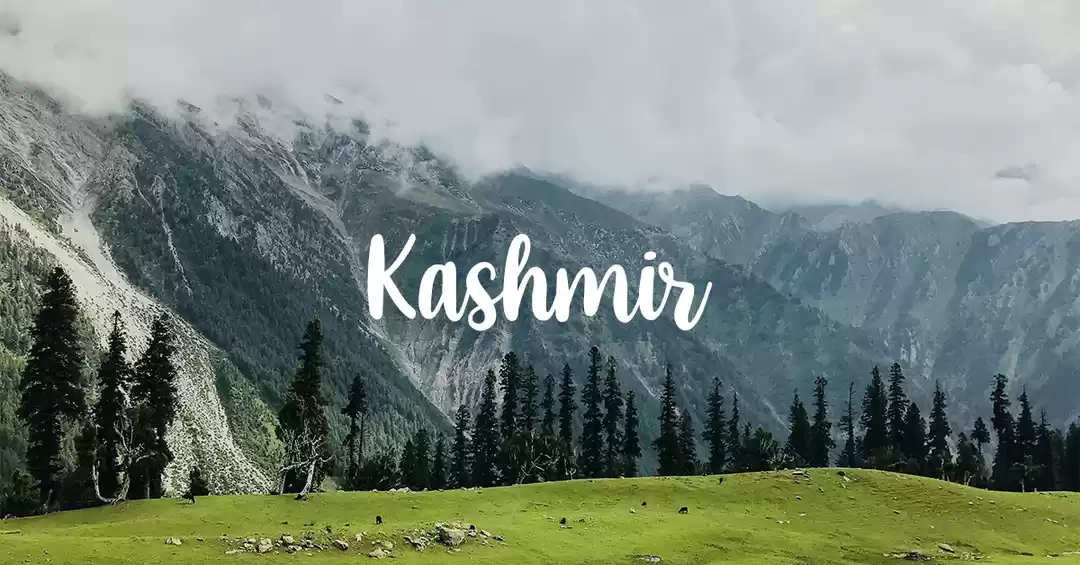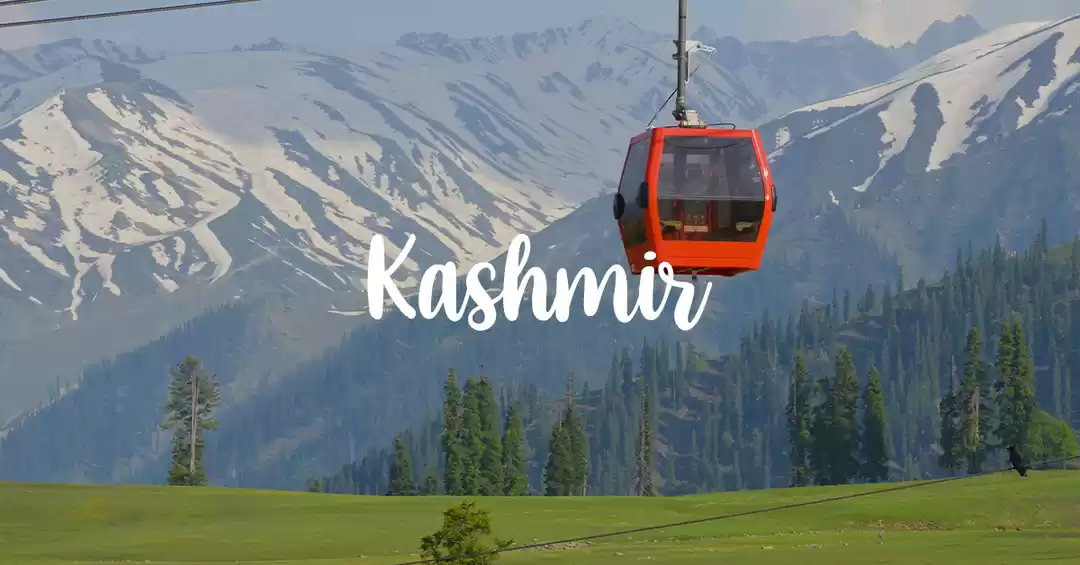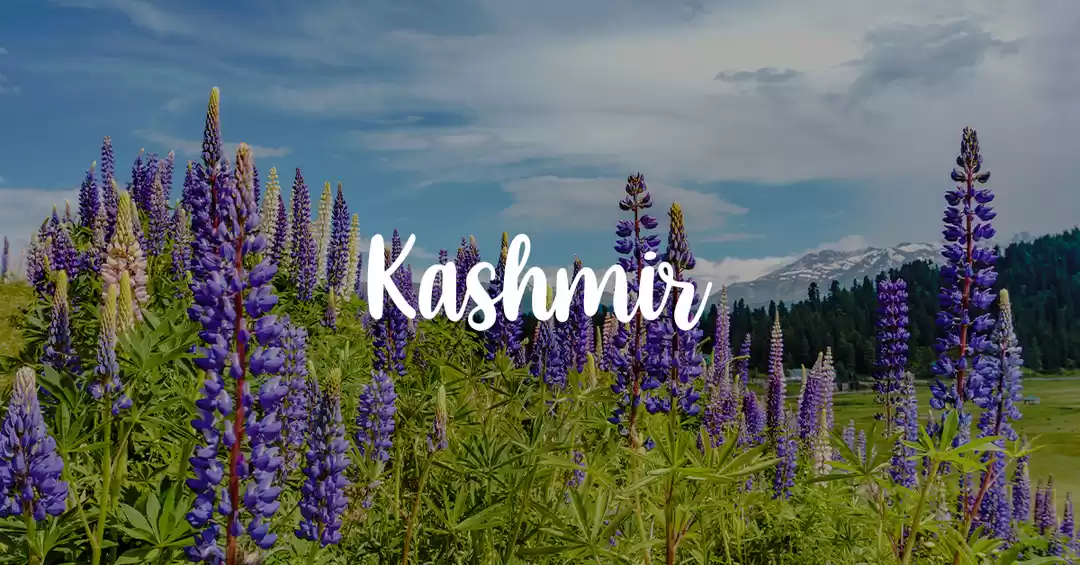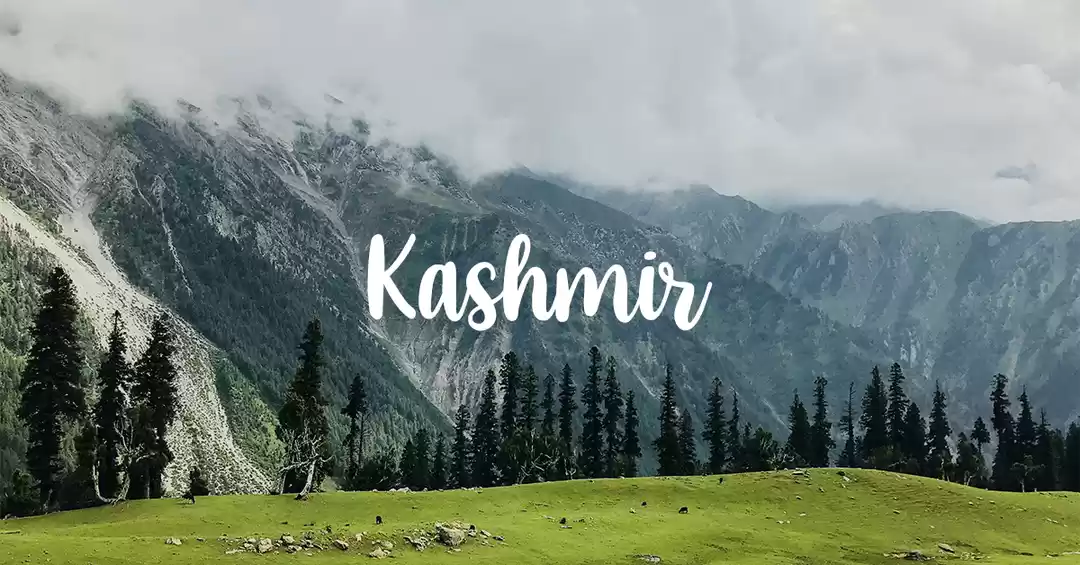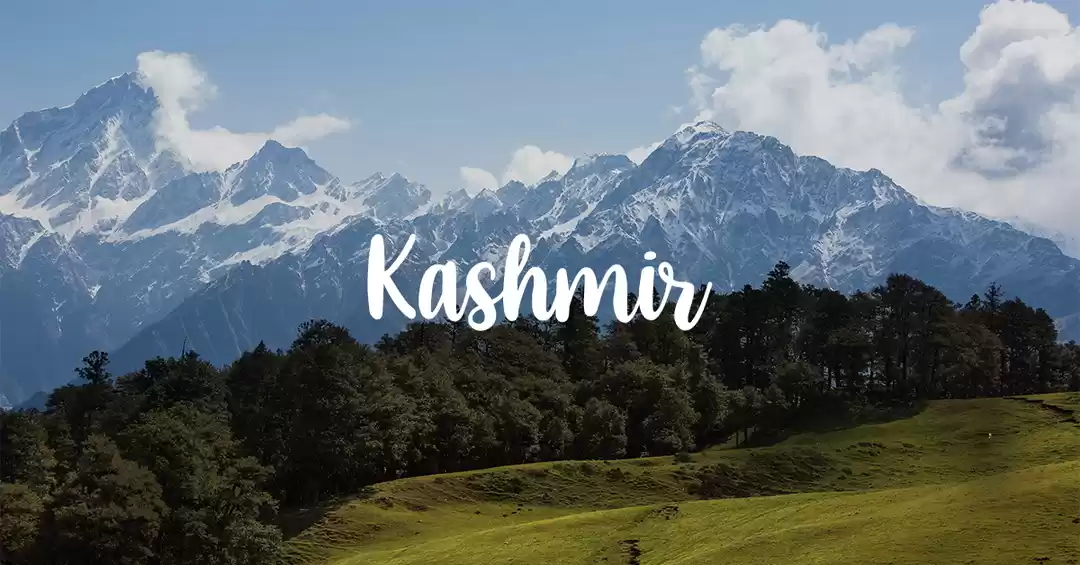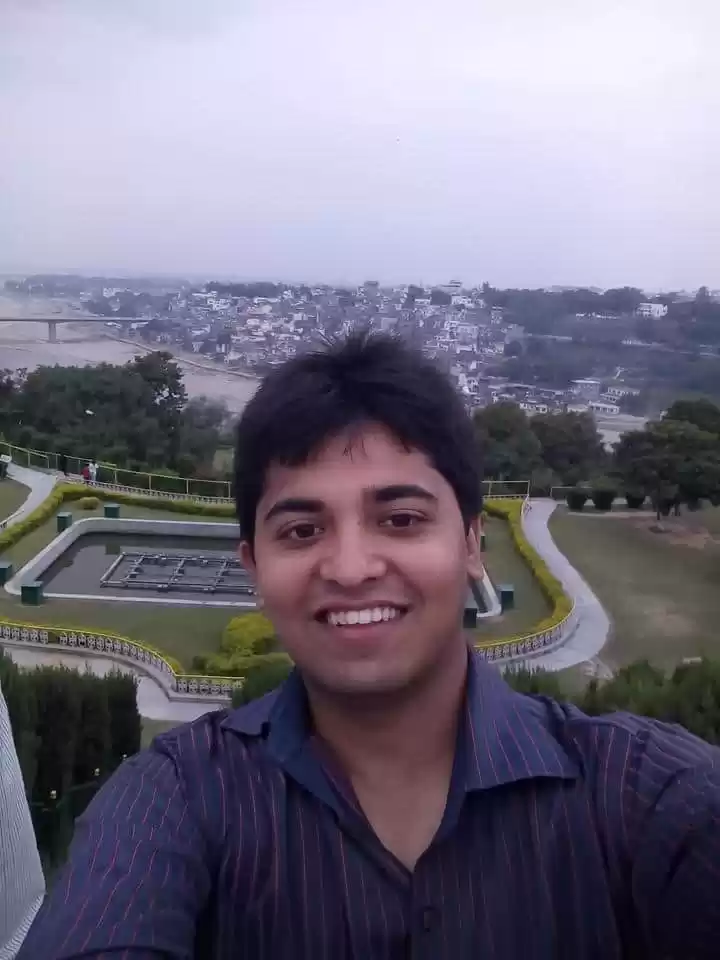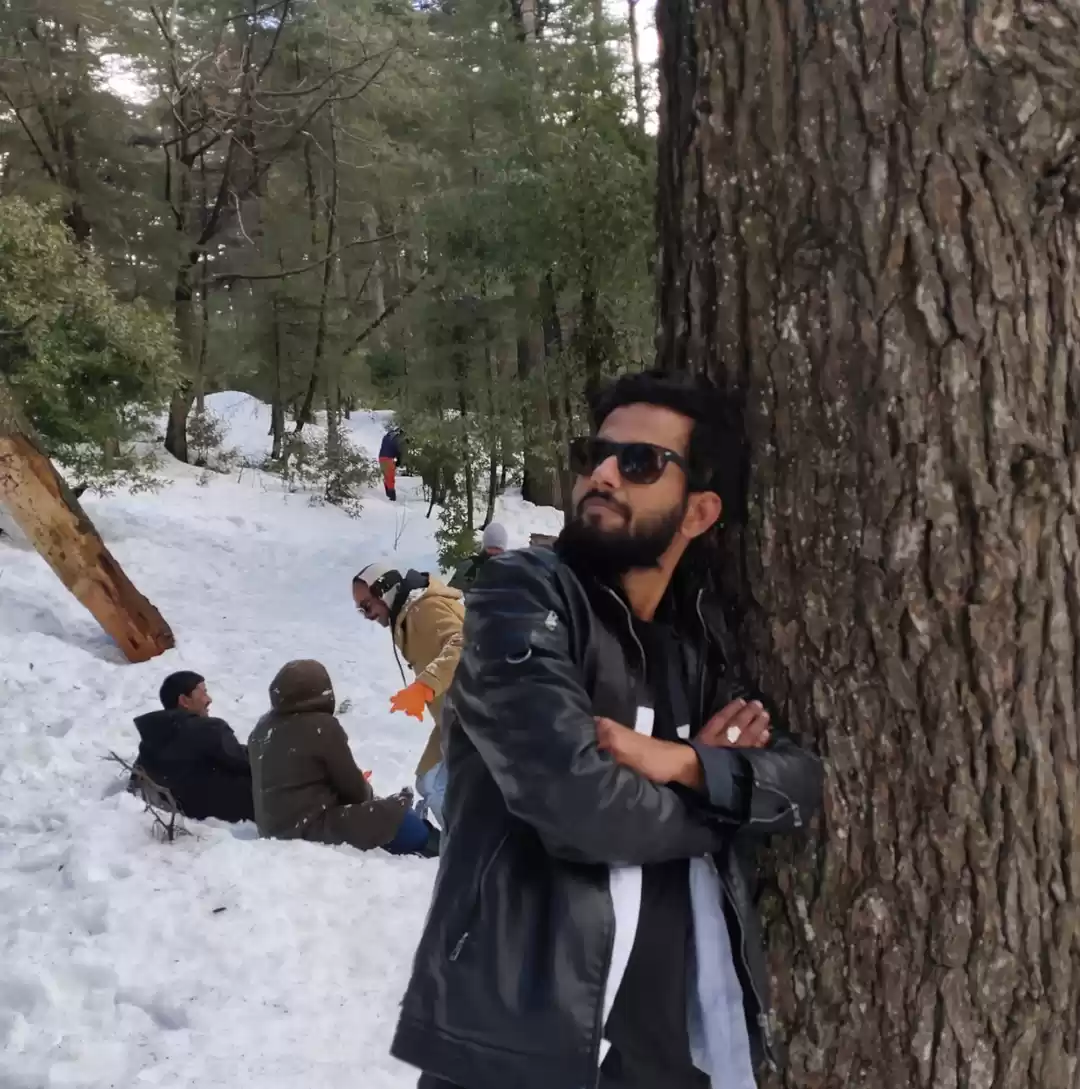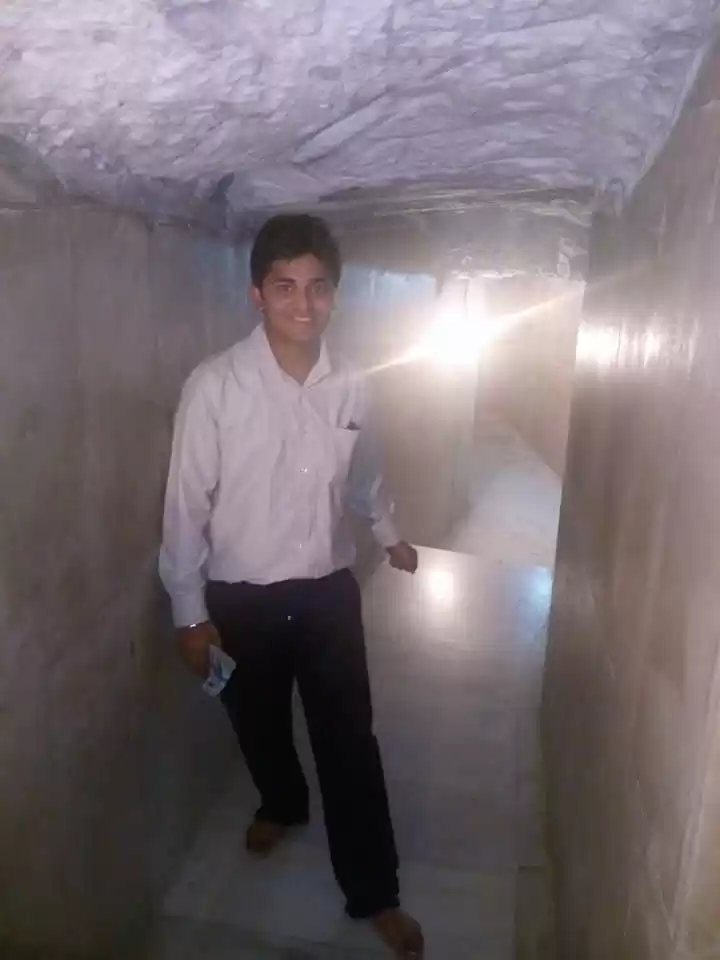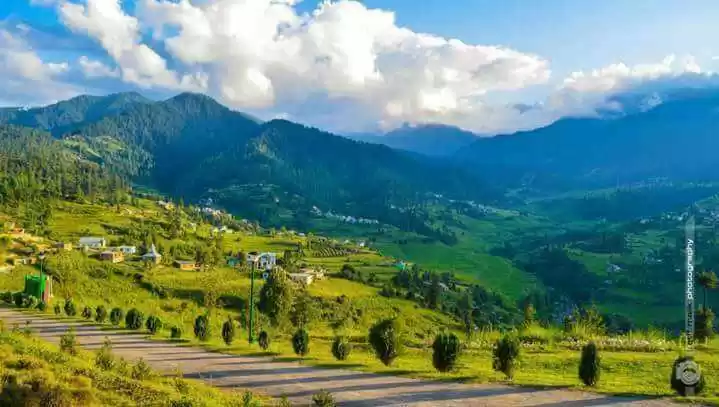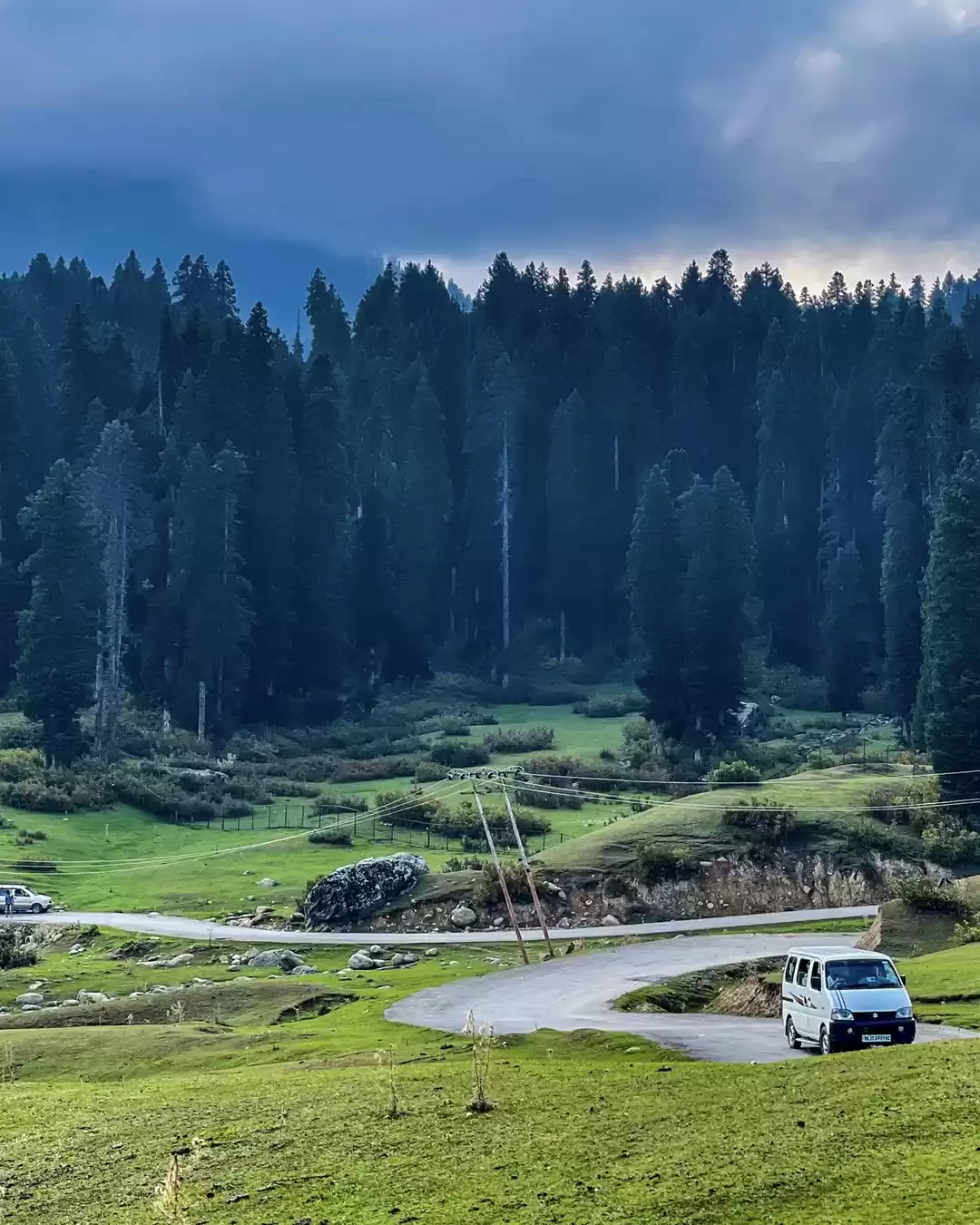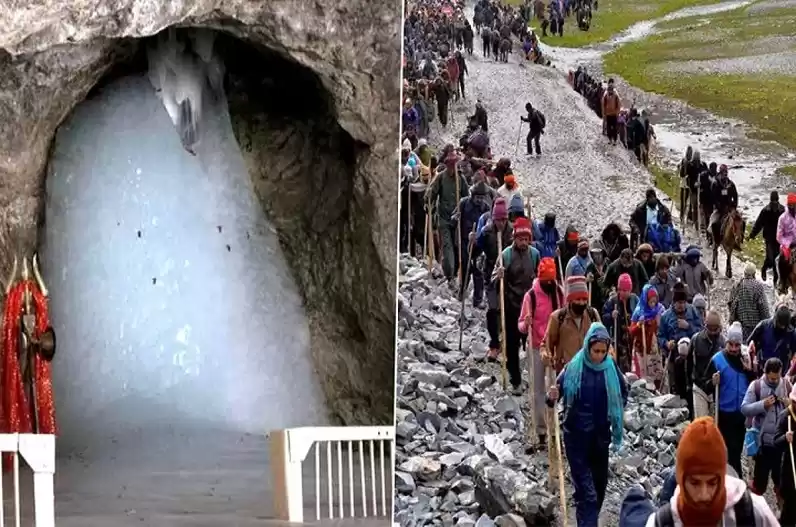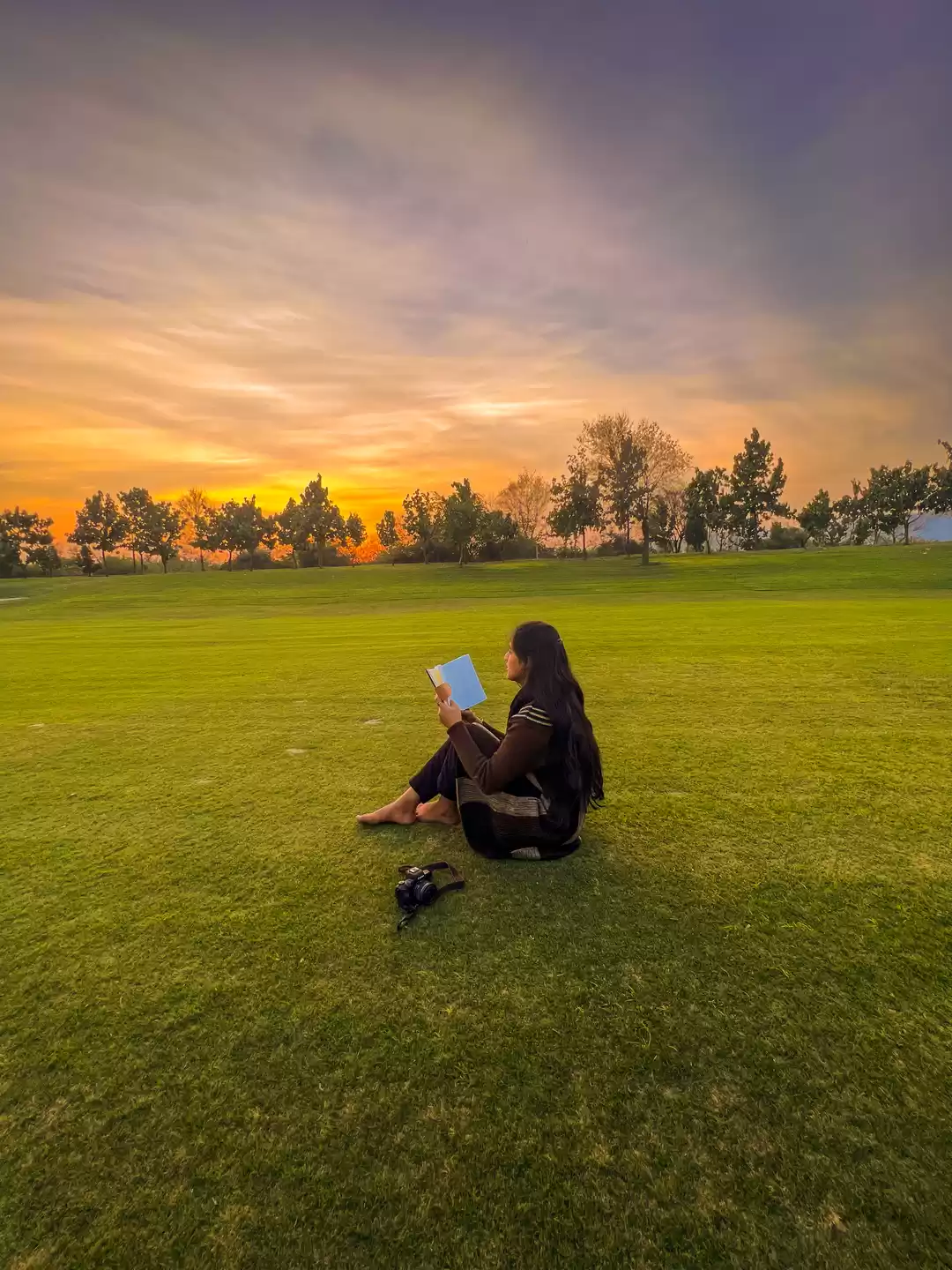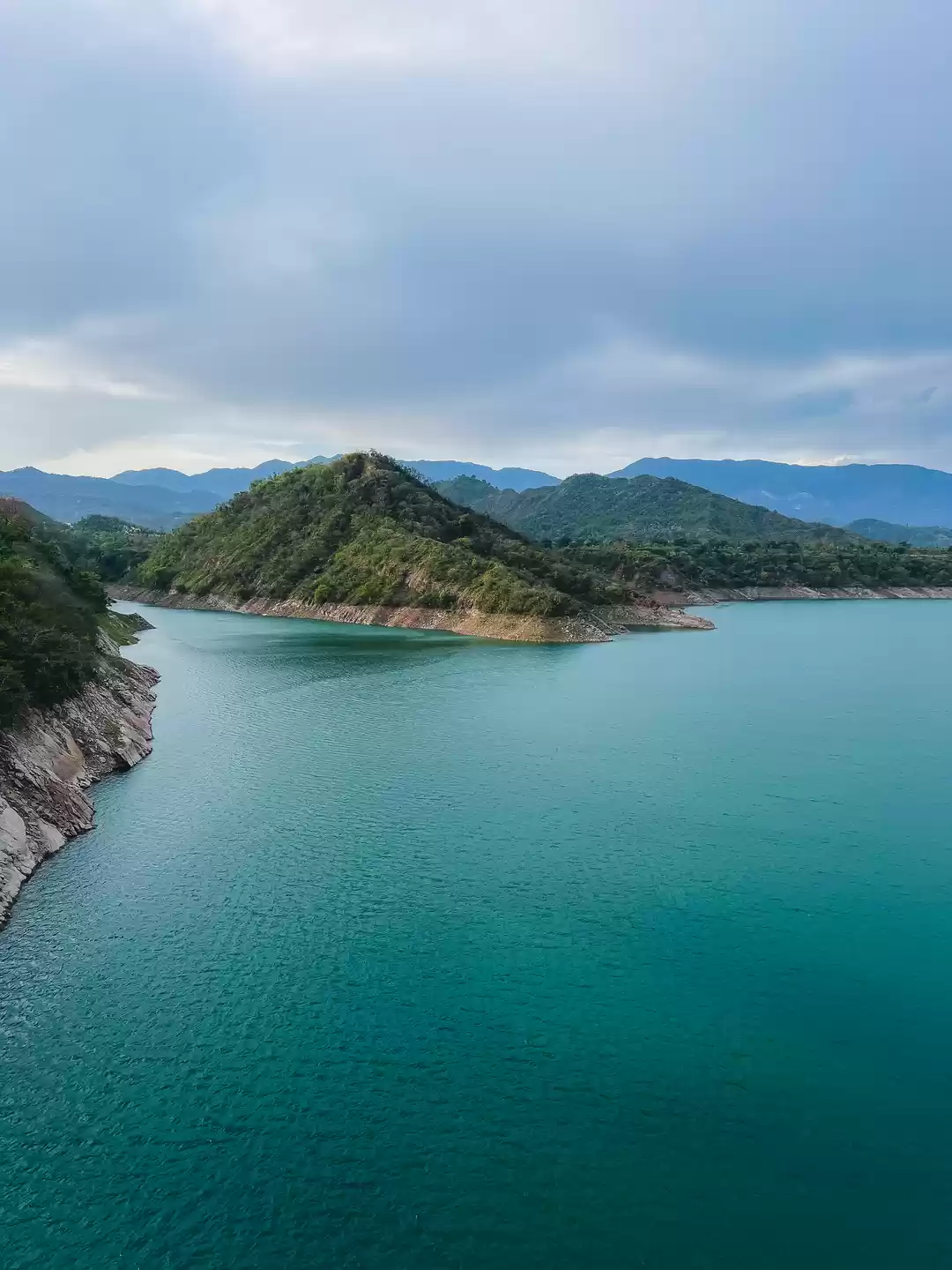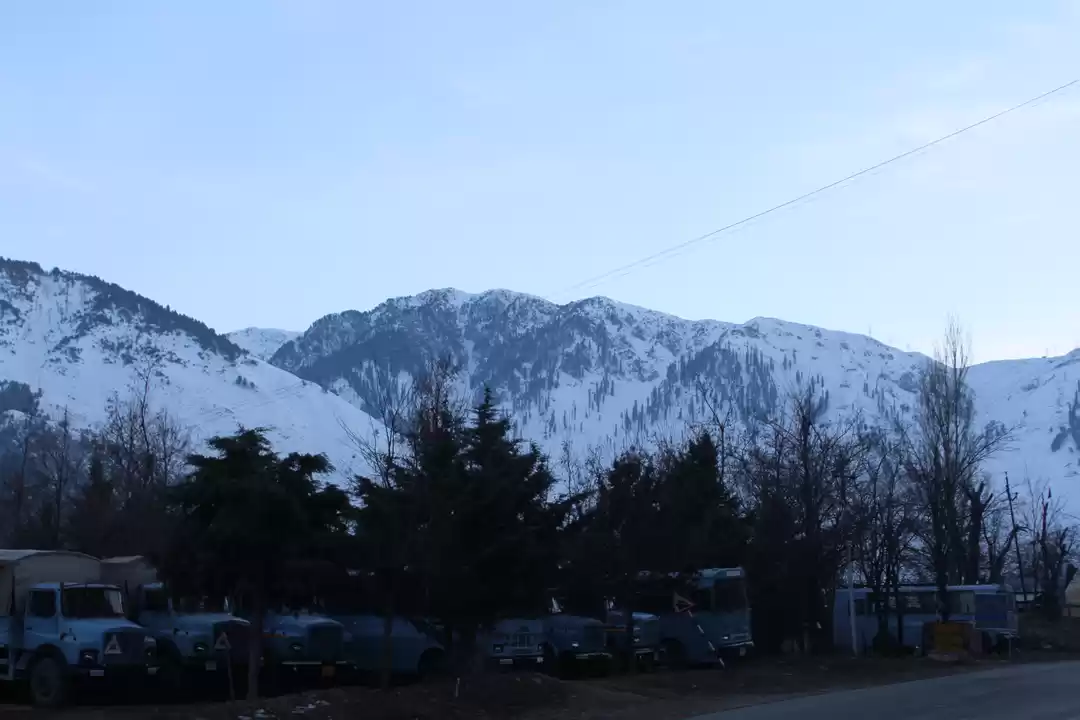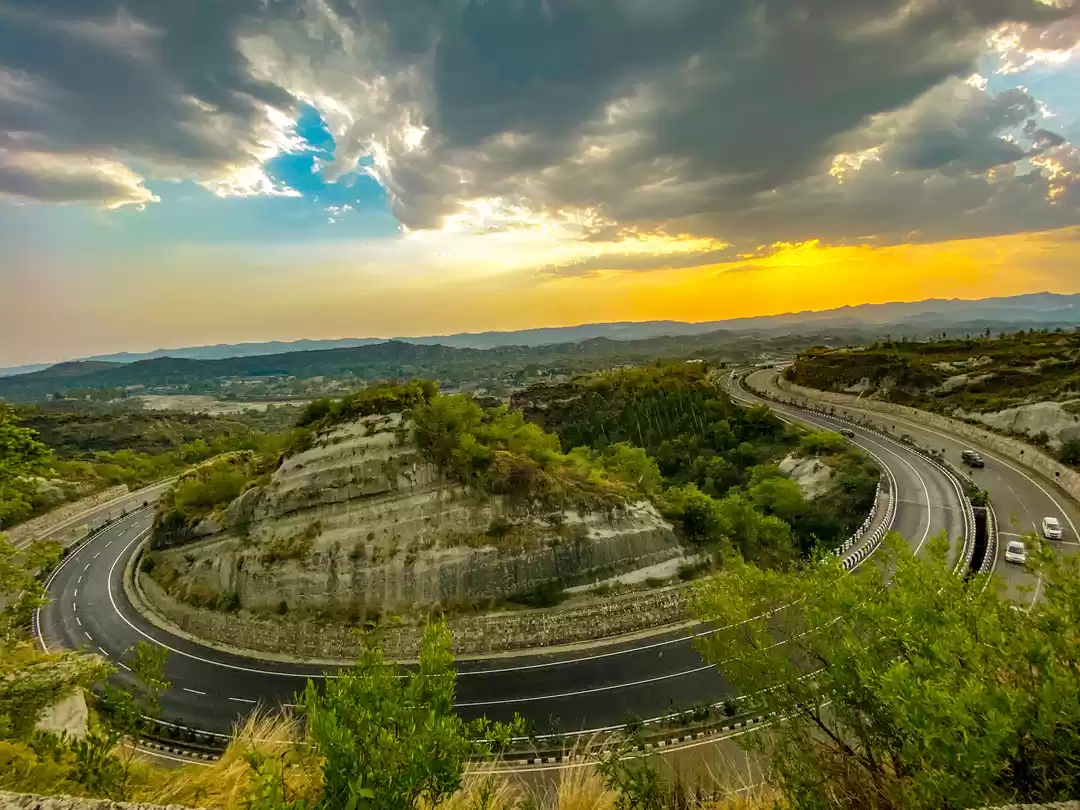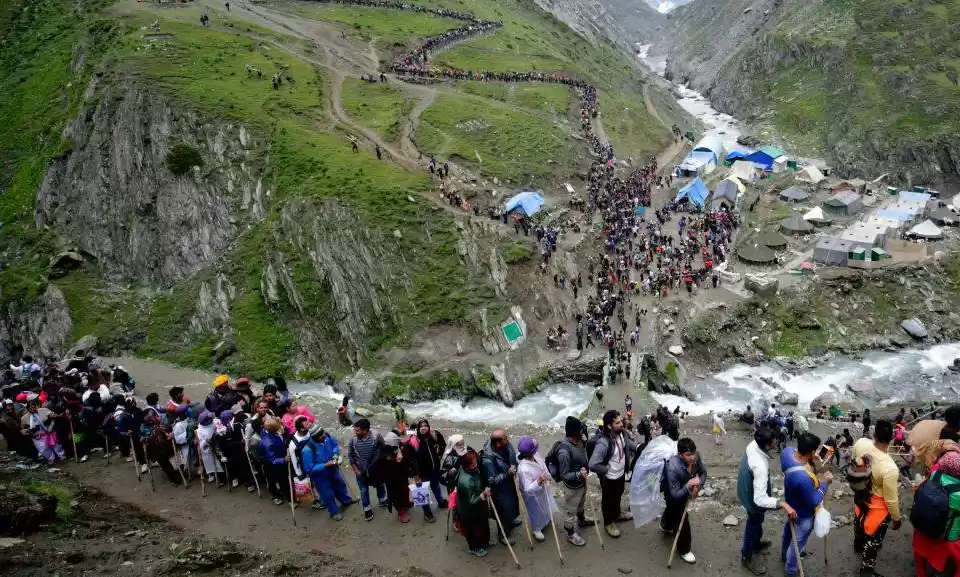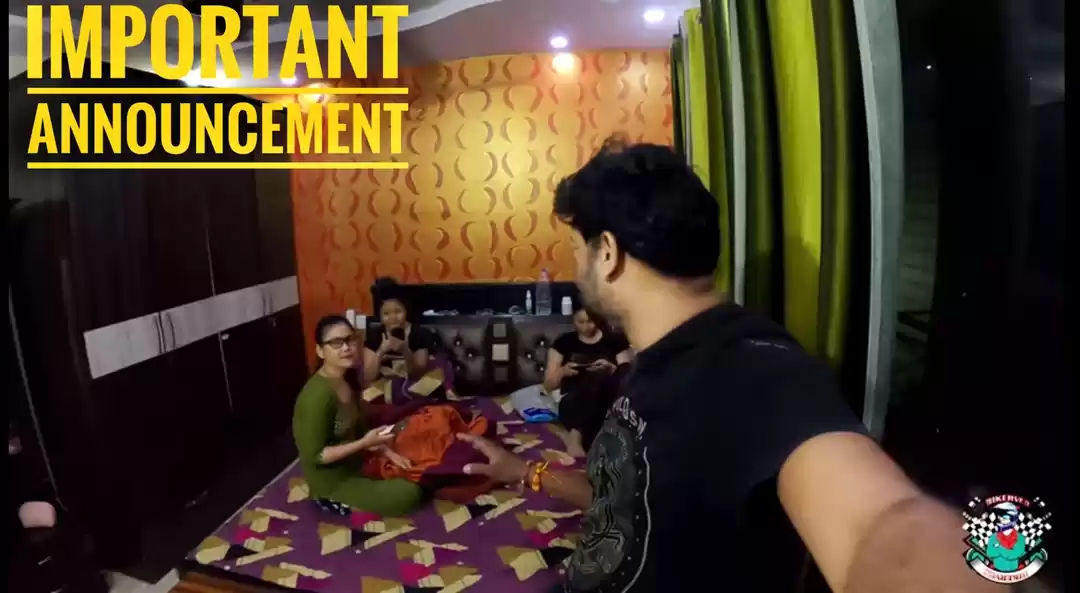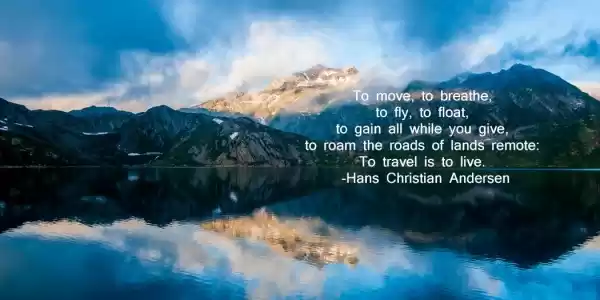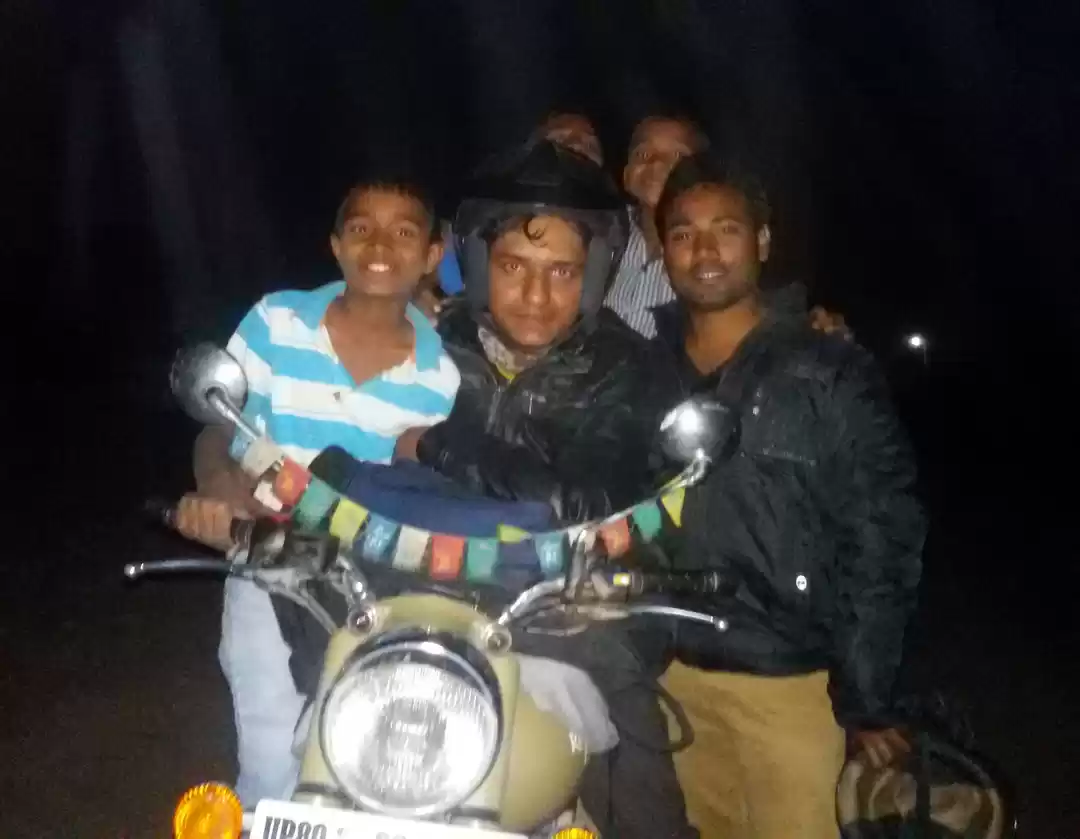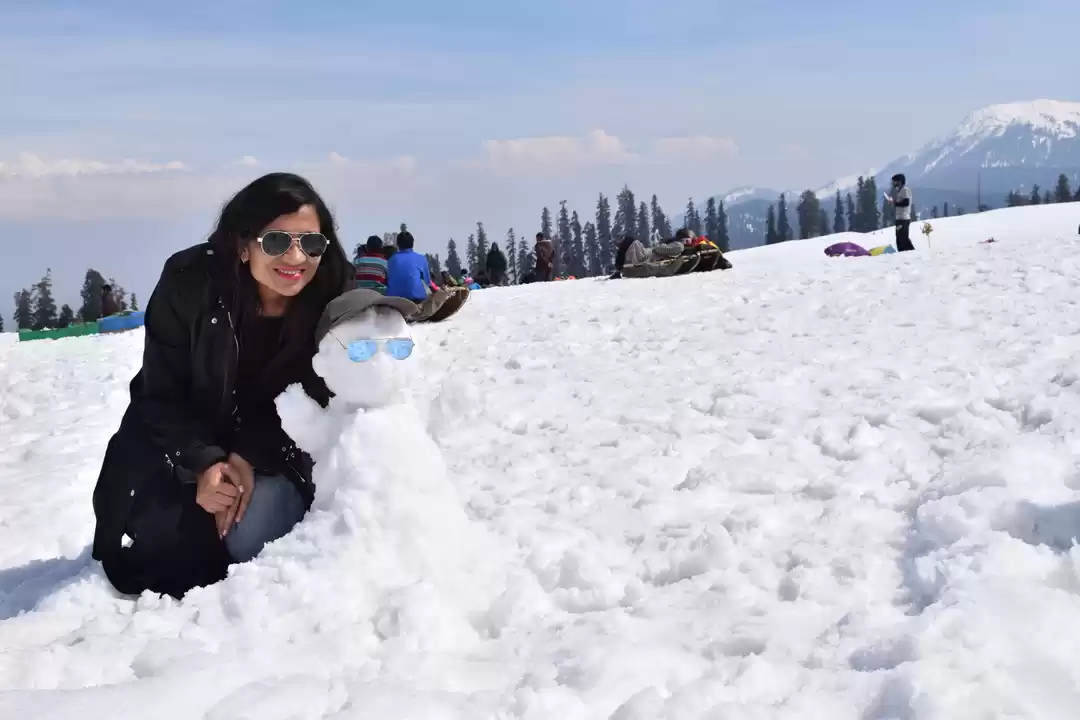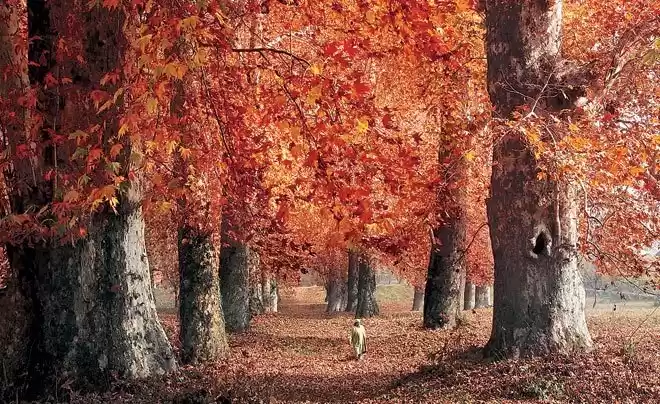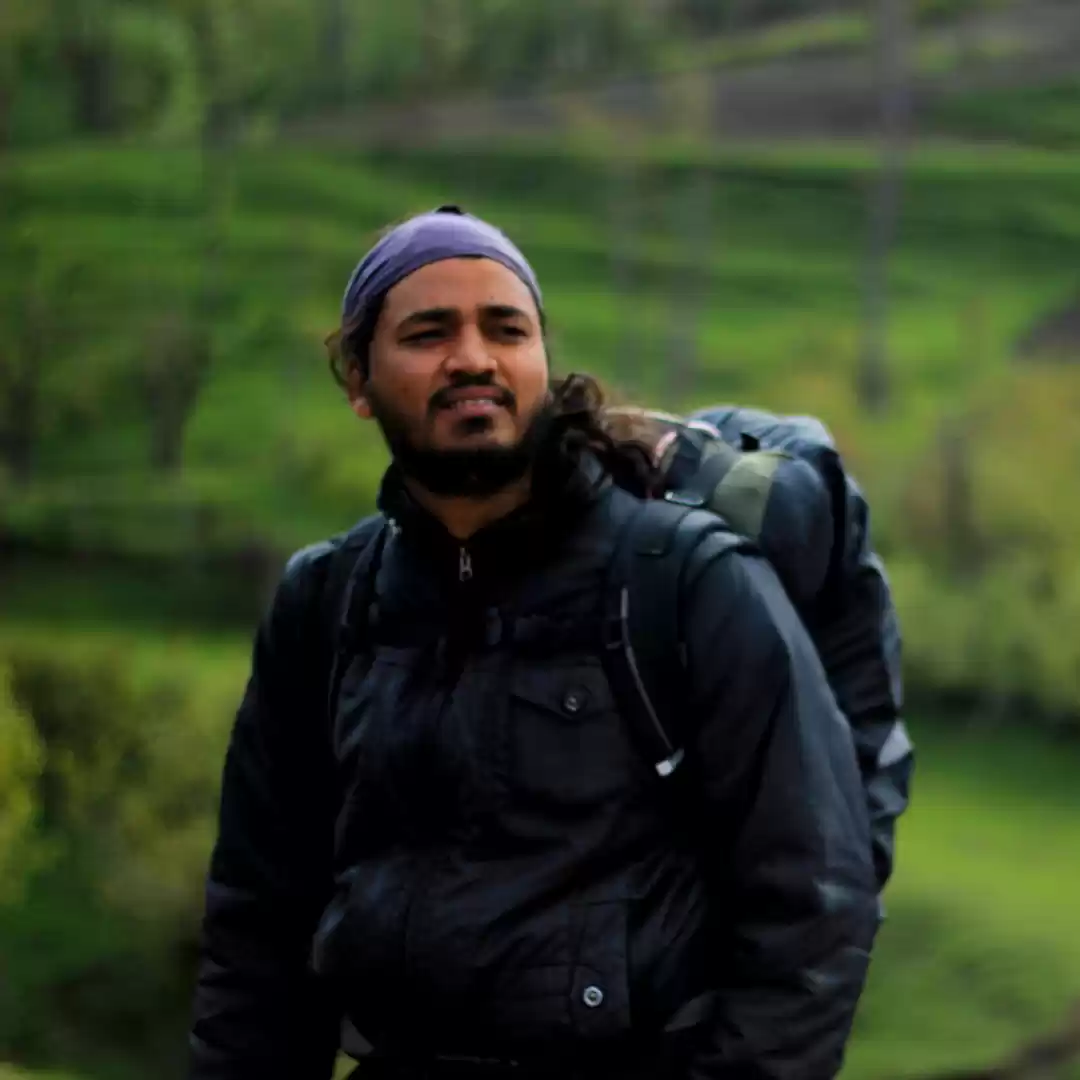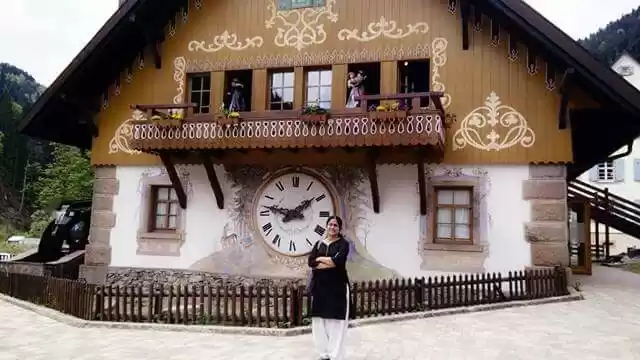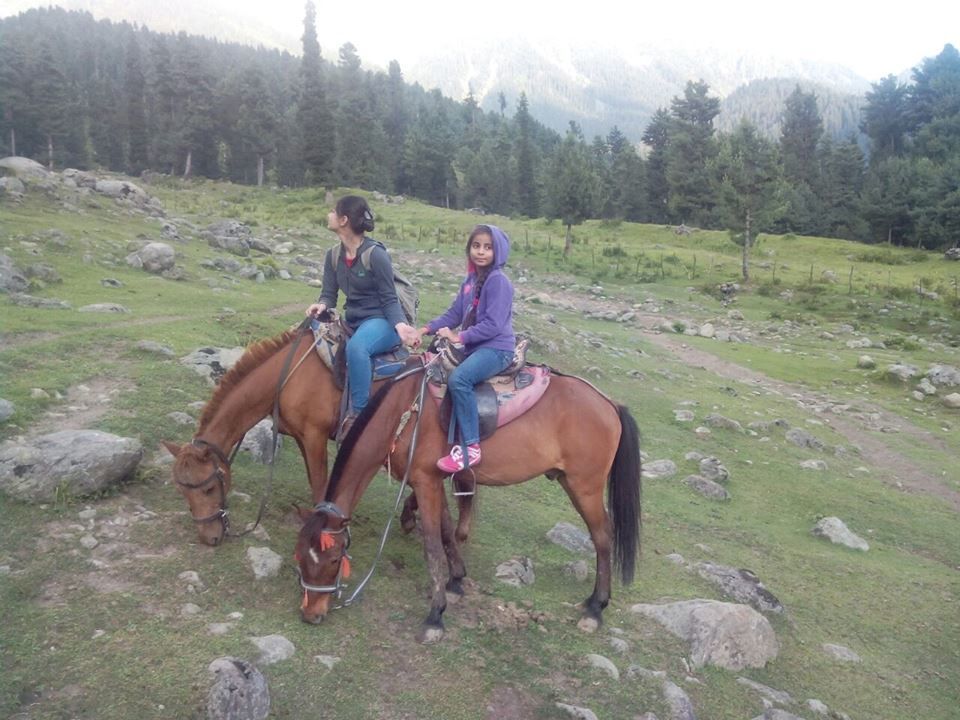
“Can it sense me being vigilant about not to fidget and try to be a good passenger? Is it trying equally to be smooth and nice too? Do they have that much of intelligence to establish a fair symbiotic relationship with humans?”
I clutched on to the reins as my horse, Karan, who stepped diligently through the little pebbles and muddy track. He was the shortest tawny horse out of all the stock that our family was riding on. Dad’s horse Sallu (yes, christened after Salman Khan) was leading the way followed by mine, then my sister’s Arjun and at last my mother’s Bahaadur.
These typical Indo-Aryan race of Kashmiri’s were particularly dexterous with the use of eloquent humour. Even though being twenty feet away, I could hear the horse owner, a resident of the land popularly known as the ‘Paradise on Earth’ answer to my mother;
“Nahin madam ji koi firing nahin hoti gharon mein, yeh sab Media ka kaam hai. Aap aaye aur khud hi dekha Kashmir aapney. Humko takreeban dus saal ho gye yahaan basey, hum sab khush hain. Kabhi koi museebat nahin hui, meri bhi do betiyaan hain.” He jogged along with a mild hunch back and wearing a green karakul, occasionally stroking his beloved horses on which we rode.
‘Meri bhi do betiyaan hain,’ this sentence rung in my head. I was sure to have heard the same sentence twice before. Once from our taxi driver,another from a local shopkeeper and it was accompanied with a gentle pat on my head which I thought to be very heart warming.
The track got steeper as our troupe charged ahead. I had almost sliced open my lip from apprehension when I saw my horse taking up a heavily rugged path when a levelled one was few steps away out of its sight due to blinkers. A nanosecond later I was relieved and positively challenged on my notions regarding this animal’s intelligence as it circled around to trot on the latter track. ‘Nicely done Karan!,’ I congratulated him in whispers as figuring out how much low of a decibel can these animals actually hear up to. I tried to shake off my head to get off this constant mental conversation (known as jouska) out of my conscious but it just intensified.
I spotted big mountainous crows which I recalled were believed to be introduced by a person named ‘Kirpa Shroin’ for funeral rites in the Kashmir valleys. Which is sort of unreasonable as crows are found to be one very continent only excepting Antarctica. Hmm. My thoughts darting across the scenery like little coloured ping-pong balls shooting from everywhere targeting my tiny head.
Oh, the damp soil. I scrunched my nose on the sight of it. Akbar used to call this place his personal garden and the last wish of Jahangir is known to be a famous monosyllable, “Kashmir.” So probably on the soil on which we’re passing by were once stepped on by these rulers themselves? And perhaps during their hunting sessions one of the rulers would have stopped to obey his nature’s call? Nope,the soil couldn’t be damp from it. It was quite a long ago. I inhaled the fresh fragrant air noisily.
It struck me so clearly, the moment I stepped out of my airplane and the fragrance of the land hit me so overwhelmingly. Every land, every home, every person is known to have his/her typical cologne. And this land’s cologne was especially very robust and upfront about itself. With the innumerable population of minute white flowers dominating every inch of land that wasn’t already a road, a strong aroma was intended to prevail.
My vision soon fell upon a single lonesome tiny purple flower growing in the mud while the rest of them were blooming in the luscious green grass just adjacent.It was a brief exchange of not more than half a second as we were passing through the trail, but a question fixated my mind with utmost importance, ‘does the flower growing in the dirt experiences any kind of discrimination from its fellow flower-mates which grow in the greenery?’
I tried to shut out my thoughts thinking it lives only the vegetative life.
But still, does it?

